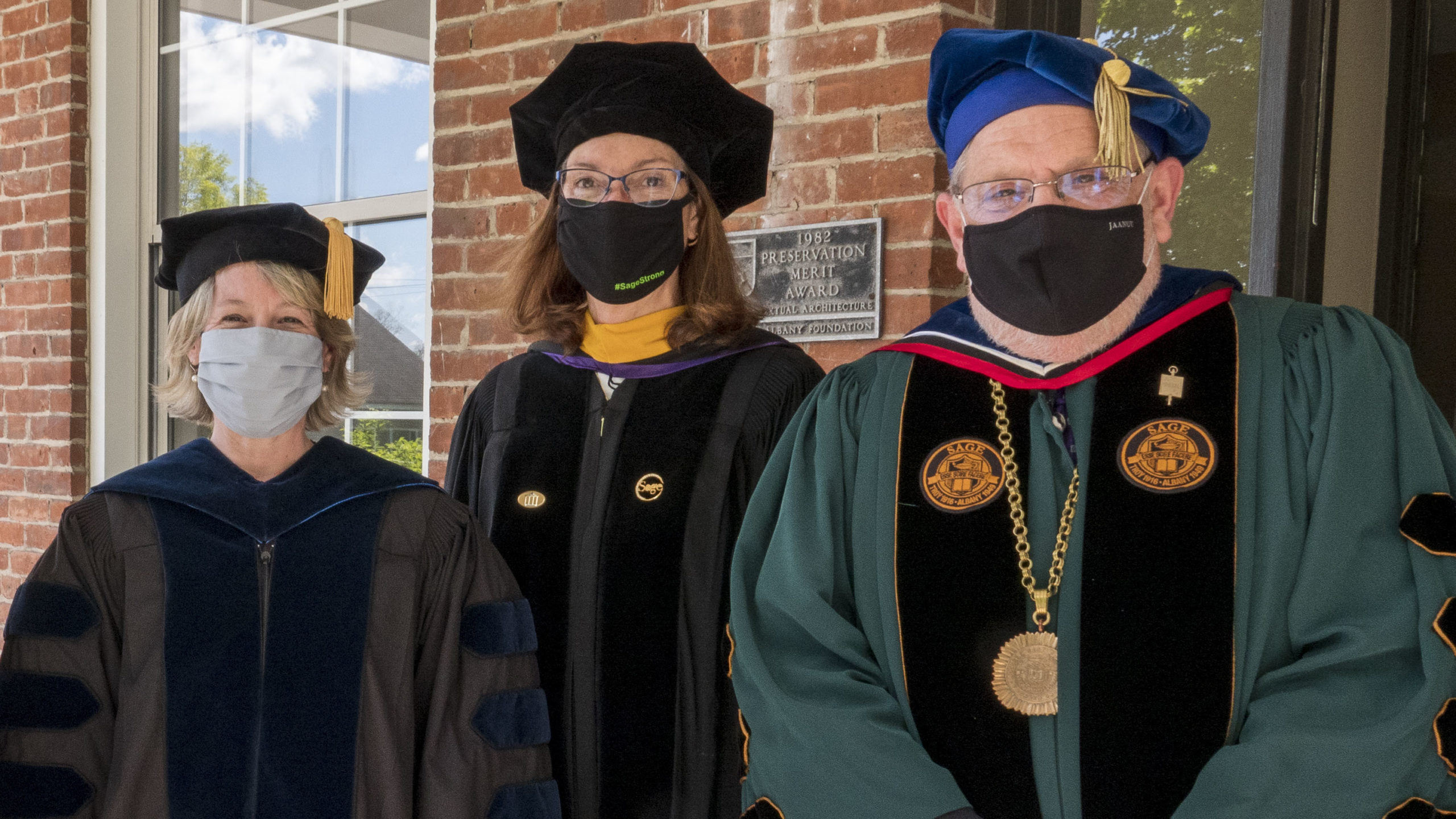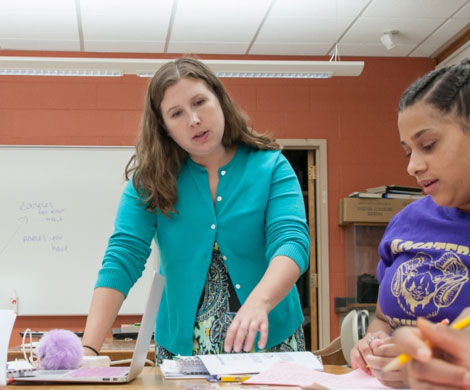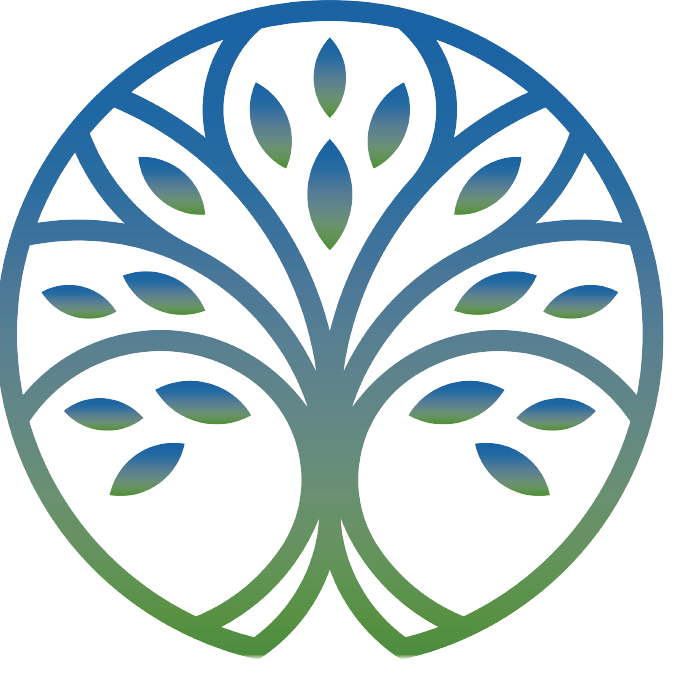Generation Z won’t be defined by the viewpoints of its demographic predecessors, who often stereotype young people as “lazy” and “entitled.” The members of Gen Z, born between 1995 and 2021, are already changing history, especially when it comes to American elections.
Approximately 55 percent of young people who are registered to vote actually cast a ballot, in contrast to 44 percent in 2016. And that turnout may well have affected the outcome, as young people showed the greatest preference for Biden over Trump of any age group (61-36%) as reported by the Circle group at Tufts.
Democracy Does not Sleep
Tufts reports that last year, youth voter turnout rose by eleven points in a surge of new engagement as young people flexed their political muscle to demand politicians acknowledge the issues they care about. Sage Votes continues to work out the voting muscle of our students, and this year participated in the second National Voter Registration Day. Between the Troy and Albany campuses, they registered nearly one hundred students to vote, provided literature and resources to identify local elections and celebrate the democratic process. Senior Liam Dowd, student representative for Sage Votes, poignantly observed that the uptick in student voter registration could be in response to schools and DMVs being shutdown during the pandemic, places where students typically register.
Even though federal elections only occur every two years, there are many critical local elections occurring this fall in cities like Albany. In May, they invited the mayoral candidates to a virtual forum to talk to students about their platforms, policies and why college students should endorse them.
Because Sage’s students come from all over, the student-led Democracy Matters Club went into the classroom to share resources with their fellow students about how to identify who is on their ballot and the significance of local elections. Presenters impressed upon their classmates that local elections that often take place every year have lower turnout and that their vote can make even more of a difference.
Fighting for Change, One Vote at a Time
“The idea that young people are civically lazy and simply don’t want to participate in politics is unfair,” said Sam Bourgeois ’21, a recent Russell Sage graduate. “This claim is most often backed up by the lack of young voter turnout at elections. I am honestly getting sick of the blame being put on us as young people, rather than the older generations taking responsibility for not teaching us or encouraging us to be civically engaged.”
Bourgeois helped organize Sage Votes, a coalition of students who rallied across both campuses to engage students in the November election and encourage greater voter participation.
“Our nation was divided in the middle of a global pandemic, and we had students whose voices deserved to be heard,” said Megan Paluzzi ’21, a recent graduate and former Sage Votes committee member. “Between online meetings and socially distanced classes, Sage Votes worked tirelessly to ensure students at Russell Sage College had the chance to fight for change one vote at a time.”
Paluzzi, who also led the campus Democracy Matters group, collaborated with fellow students to keep classmates engaged — a task complicated by remote learning and social-distance restrictions related to COVID-19.
“We worked individually with students to ensure they had a plan to vote in this unusual election during a health crisis. We held online events through Zoom with local officials to share how college students could participate in government through elections and beyond. Democracy Matters even held a mock election with characters from TV and ballots that replicated the New York State ballot,” Paluzzi said.
Although in-person events were limited by the pandemic, the Sage Votes committee worked with the campus to observe safety guidelines while setting up tables to distribute voter-information fliers and prepackaged treats with QR code stickers that linked to voter-registration pages.
Grassroots connections were at the heart of the effort, according to Bourgeois.
Engaging Voters Beyond Elections
“Through Sage Votes, I had the opportunity to reach out to the other students around me and see what it was that they wanted to see from us as a committee in the future. What could we do to help them be more engaged? The majority of answers we got centered around just wanting to understand,” Bourgeois said. “Young people in our student body want to better understand the role of the Supreme Court in our government and in our lives, how the Electoral College functions, how local elections work and how they affect us — and how they can get more involved in the political process outside of just the elections. The fact that so many of us just wanted to understand shows that it’s not laziness, but a lack of education that is preventing a lot of young people from being politically active.”
The Women’s Institute at Russell Sage collaborated with Sage Votes in honoring the centennial of women’s suffrage with a panel focusing current issues in voting rights featuring advocates from the Southern Poverty Law Center, the ACLU, and the Institute for Democracy and Higher Education. Understanding how hard people have fought for access to the ballot box helps inspire young people to make the most of their right to vote.
An Inclusive Resource
Because the national political climate had become so heated, students involved in Sage Votes wanted to offer a resource for students — inclusive of Democrats, Republicans and Independents — to process the historic moment.
“My main project was to create a website of post-election resources. Knowing how much government and elections can impact our lives, students could potentially experience intense emotions through the lengthy process,” said Paluzzi.
Visitors to the site took an emotional assessment, encouraging them to navigate based on their current feelings, including great, confused, wishing to do more or upset. The site featured embedded links to reliable websites, often recommended by Russell Sage faculty. The “Feeling Great” page included videos and articles encouraging students to unite and respect the feelings of others who may be disappointed. The “Confused” page broke down election jargon, voter information and media reliability, and the “Do More” page encouraged students to get involved in causes they are passionate about, with links to national, local and campus organizations. A “Devastated” page gave students wellness resources and hotlines. Each page included a resource section listing professors and on-campus departments that could help students with any questions or issues.
The presidential election, however, was just the beginning for Sage Votes.
“The Sage Votes committee’s purpose was to help students at the college register to vote and be engaged in the election process, but we realized quickly that the student body wanted more information and more opportunities outside of the election to be engaged,” Bourgeois said. “We decided to continue past the election, bringing more civic-based programming to our college community, which I think is a really great step in the right direction.”
Young Voters Gain New Perspective
Paluzzi said her involvement in Sage Votes and Democracy Matters has changed her perspective about the future of America.
“I always thought voting was just choosing someone on a piece of paper that you liked. It is so much more than that. These pieces of paper determine the lives of ourselves and our loved ones. I had always been an advocate for different causes, like LGBTQIA+ rights, but I never knew my vote could make a difference in these issues. I learned my lesson: Elections aren’t simple popularity contests, they are an opportunity to better our world,” she said.
Bourgeois would like Sage Votes to become a model for other college campuses.
“I hope that our committee grows and has a positive impact that can be an inspiration for other communities to use as a stepping-stone in helping more young people understand politics and become more civically engaged,” she said.
For Paluzzi, involvement with Sage Votes has been an empowering experience.
“I never considered myself an activist before this year. Previously, I would just tell my friends to vote and help them with the process. Now, I know I held an important role in the 2020 presidential election in my local community,” she said.






